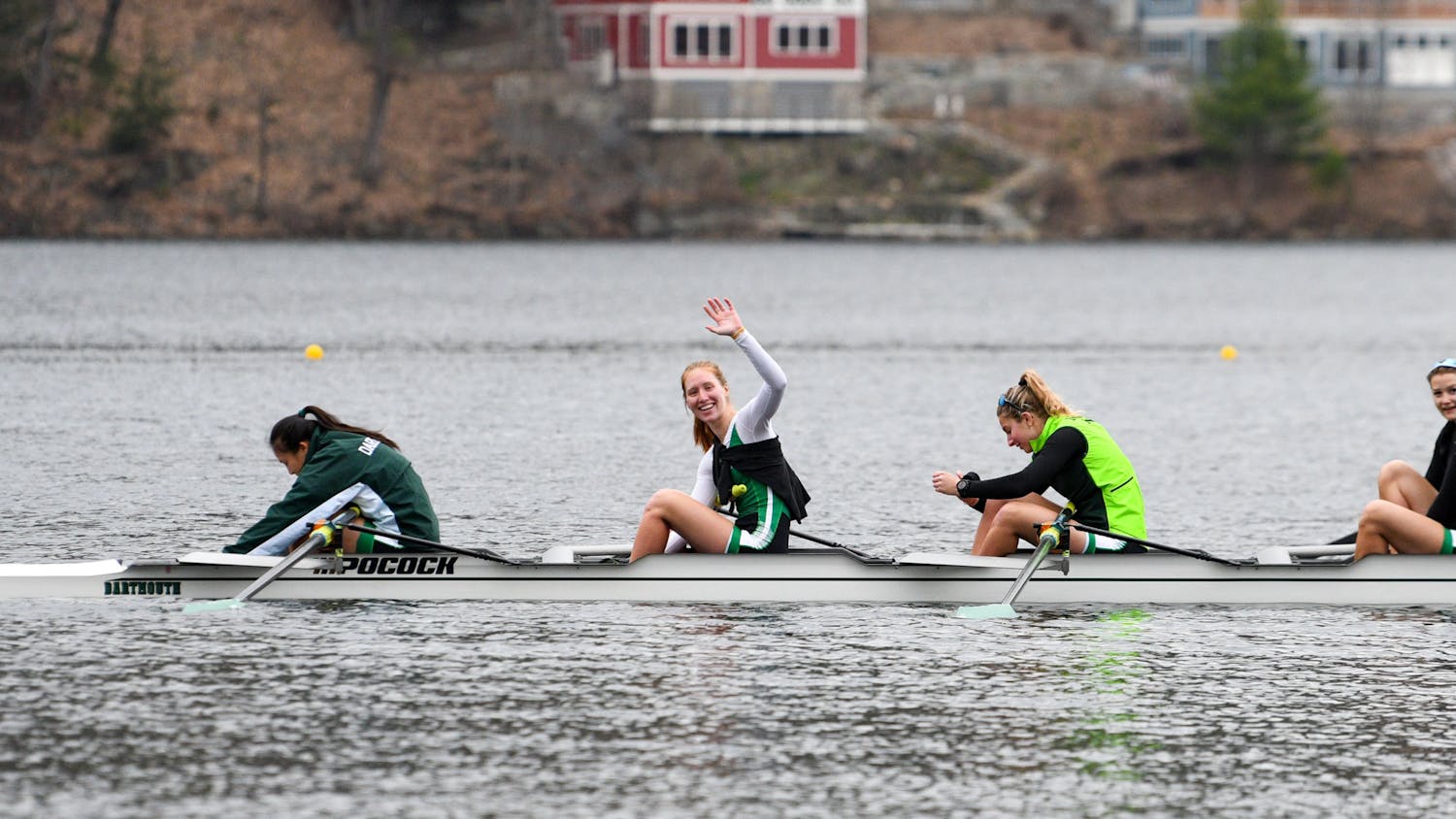With the season on the brink of collapse, the National Hockey League faces a bleak future. Despite a core of exciting young players, viable rivalries and a devoted fan base, the NHL has precipitously fallen from the national spotlight. Accordingly, the league and player's union recognized the dwindling ratings and burgeoning financial crisis -- teams have lost nearly $500 million over the past two seasons. However, recognition is a far cry from a solution, and after months of unsuccessful bargaining, the League's owners chose to lock out their players. As a result, a labor dispute could end an entire season for the first time in American professional sports.
More significant than the NHL's financial problems, though, is the response by the American public: apathy. No one seems to care too much about hockey's demise. Even with the NHL season doomed and nearing cancellation, the sports media have been more focused on the release of Jose Canseco's tell-all expose on steroids, top-25 college basketball games and Major League Baseball spring training reports. Few sports writers outside the Northeast or Midwest even acknowledged the loss of the season, and in a recent ESPN poll, when asked what they would miss most about the NHL, nearly 50 percent of respondents said "nothing."
Many reasons exist for the NHL's current crisis. First, the league overextended itself in the 1990s. Wayne Gretzky's trade to the Los Angeles Kings in 1988 initiated a period of massive expansion. When Gretzky joined the Kings, they were the only southern or western team in a league dominated by a northern audience. After he arrived -- and further facilitated by Disney's Mighty Ducks movie trilogy -- ten more southern and western teams emerged. Gretzky was to hockey what Babe Ruth was to baseball, what the Celtics-Lakers rivalry of the 1960s was to basketball and the Super Bowl was to the NFL -- he made it nationally popular. However, when Gretzy left, the NHL had no replacement and the league began its gradual fall from grace.
Second, the NHL marketed itself poorly. The NBA compensated for the loss of Michael Jordan by focusing on its individual stars. Baseball built itself around intense rivalries and fan-friendly plays like the home run. The NFL combined both strategies and catapulted itself into the forefront of American sports. The NHL, by contrast, never produced a coherent marketing strategy.
Finally, hockey requires too many resources. The success of all other major sports is predicated in one of America's greatest traditions: grassroots populism. Whether it is a bunch of kids tossing a football around in the backyard, taking a tennis ball and old bat to an empty field or playing with a worn-out basketball and a decrepit hoop, every other major sport is accessible to everyone. Conversely, hockey requires more space and equipment, neither of which is necessarily available to the American public.
From dwindling ratings to the lock-out, hockey is threatening to go the way of rollerball. What can the NHL do to rectify the situation?
First, contract teams, especially those in smaller media markets, warmer climates and newer locations. Taking contracted players and placing them in a league-wide draft would enhance the talent on teams in established markets.
With the league condensed, the NHL should then focus on making the game more fan-friendly. Eliminating regular season ties -- the NHL is the only league with ties -- in favor of shoot-outs would entice new viewers. Though not as natural as periods upon periods of sudden death, the shoot-out is ready-made TV drama that could attract excitement from any casual observer.
Finally, the league should market itself around its young, talented stars such as Jerome Iginla and Rick Nash. With its market focused where it has history, more exciting games and talented players receiving the attention they deserve, the NHL could gradually develop the nationwide support it presently lacks.
With its future in question, the real victim of the lock-out is neither the billionaire owners nor millionaire players, but instead, the fans. Without renewed fan support, resolving labor disputes will be moot. And until the NHL realizes this, it will continue to slowly fade into oblivion.



